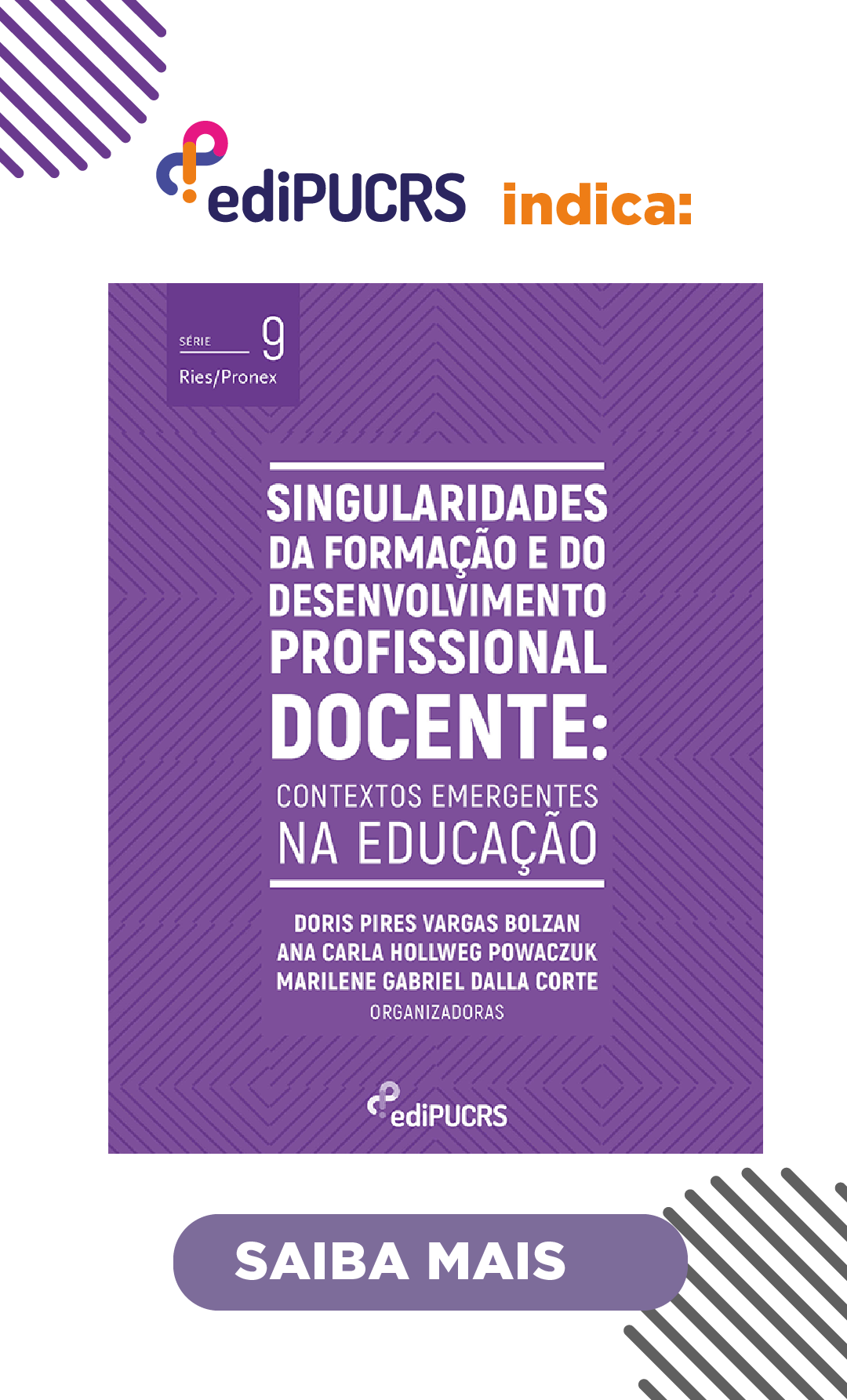Articulation between assessment, training and learning
contributions of Vygotsky and Ausubel’s theories
DOI:
https://doi.org/10.15448/2179-8435.2024.1.44427Keywords:
Assessment, Simulated Exam, Vygotsky, AusubelAbstract
This article is an excerpt adaptation of a master’s degree research and aims to reflect on assessment, more specifically on the simulated exam, articulating the theme with Vygotsky’s historical-cultural theory and meaningful learning according to Ausubel. To this end, a bibliographical research on evaluation was carried out, anchored in Ciavatta (2012), Fernandes (2009), Freitas (2003), Freitas et al. (2014), Hoffmann (2011, 2018), Luckesi (2011, 2018), Perrenoud (1999), Villas Boas (2009); and on the aforementioned theories, anchored in Vygotsky (2014) and Moreira (2011, 2017) – the latter with their investigations into Ausubel’s theory, which together with Vygotsky’s theory, contributes substantially to school assessment practices. The investigation concludes that school assessment cannot be treated as an isolated or independent process. It relates to the knowledge acquired, formally and informally, and seeks to expand students’ learning, making it necessary to take the results into account for the real diagnosis and consequent intervention in the educational process.
Downloads
References
BRASIL. Constituição da República Federativa do Brasil. Brasília: Senado Federal: Centro Gráfico, 1988.
BRASIL. Lei nº 9.394, de 20 de dezembro de 1996. Estabelece as diretrizes e bases da educação nacional. Brasília: Presidência da República, 1996. Disponível em: http://www.planalto.gov.br/ccivil_03/Leis/L9394.htm. Acesso em: 20 out. 2021.
CIAVATTA, Maria. A formação integrada: a escola e o trabalho como lugares de memória e de identidade. In: FRIGOTTO, Gaudêncio; CIAVATTA, Maria; RAMOS, Marise (org.). Ensino médio integrado: concepção e contradições. 3. ed. São Paulo: Cortez, 2012. p. 83-106. DOI: https://doi.org/10.22409/tn.3i3.p6122
ESTEBÁN, Maria Teresa. Avaliação no contexto escolar. In: ESTEBÁN, Maria Teresa et al. Avaliação: uma prática em busca de novos sentidos. 4. ed. Rio de Janeiro: DP&A, 2002.
FERNANDES, Domingos. Avaliar para aprender: fundamentos, práticas e políticas. São Paulo: Unesp, 2009.
FREITAS, Luiz Carlos de. Ciclos, seriação e avaliação: confrontos de lógicas. São Paulo: Moderna, 2003.
FREITAS, Luiz Carlos de. Crítica da organização do trabalho pedagógico e da didática. Campinas: Papirus, 1995.
FREITAS, Luiz Carlos de et al. Avaliação educacional: caminhando na contramão. 7. ed. Petrópolis: Vozes, 2014.
HOFFMANN, Jussara. Avaliar para promover: as setas do caminho. 17. ed. Porto Alegre: Mediação, 2018.
HOFFMANN, Jussara. O jogo do contrário em avaliação. 7. ed. Porto Alegre: Mediação, 2011.
LUCKESI, Cipriano Carlos. Avaliação da aprendizagem escolar: estudos e proposições. 22. ed. São Paulo: Cortez, 2011.
LUCKESI, Cipriano Carlos. Avaliação em educação: questões epistemológicas e práticas. São Paulo: Cortez, 2018.
MOREIRA, Marco Antonio. Aprendizagem significativa: a teoria e textos complementares. São Paulo: Livraria da Física, 2011.
MOREIRA, Marco Antonio. Ensino e aprendizagem significativa. São Paulo: Livraria da Física, 2017.
PERRENOUD, Phillippe. Avaliação: da excelência à regulamentação das aprendizagens – entre duas lógicas. Porto Alegre: Artmed, 1999.
SANT’ANNA, Ilza Martins. Por que avaliar? Como avaliar? Critérios e instrumentos. 17. ed. Petrópolis: Vozes, 2014.
SORDI, Mara Regina L. Entendendo as lógicas da avaliação institucional para dar sentido ao contexto interpretativo. In: VILLAS BOAS, Benigna M. F. (org.). Avaliação: políticas e práticas. Campinas: Papirus, 2002.
VILLAS BOAS, Benigna Maria de F. Virando a escola do avesso por meio da avaliação. 2. ed. Campinas: Papirus, 2009. (Coleção Magistério: Formação e Trabalho Pedagógico).
VYGOTSKY, Lev Semenovich. Uma perspectiva histórico-cultural da educação: um processo sócio-histórico. Tradução: Teresa Cristina Rego. 25. ed. Petrópolis: Vozes, 2014.
Downloads
Published
How to Cite
Issue
Section
License
Copyright (c) 2024 Educação Por Escrito

This work is licensed under a Creative Commons Attribution 4.0 International License.
Copyright
The submission of originals to Educação Por Escrito implies the transfer by the authors of the right for publication. Authors retain copyright and grant the journal right of first publication. If the authors wish to include the same data into another publication, they must cite Educação Por Escrito as the site of original publication.
Creative Commons License
Except where otherwise specified, material published in this journal is licensed under a Creative Commons Attribution 4.0 International license, which allows unrestricted use, distribution and reproduction in any medium, provided the original publication is correctly cited.





